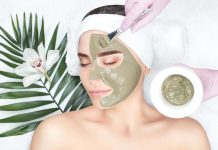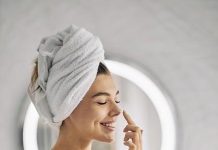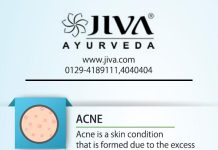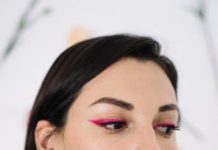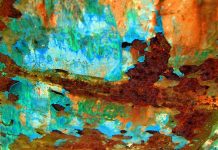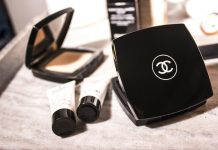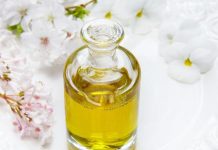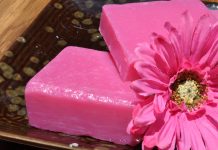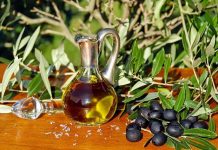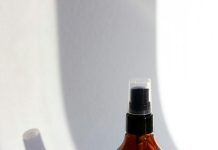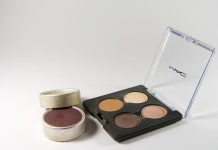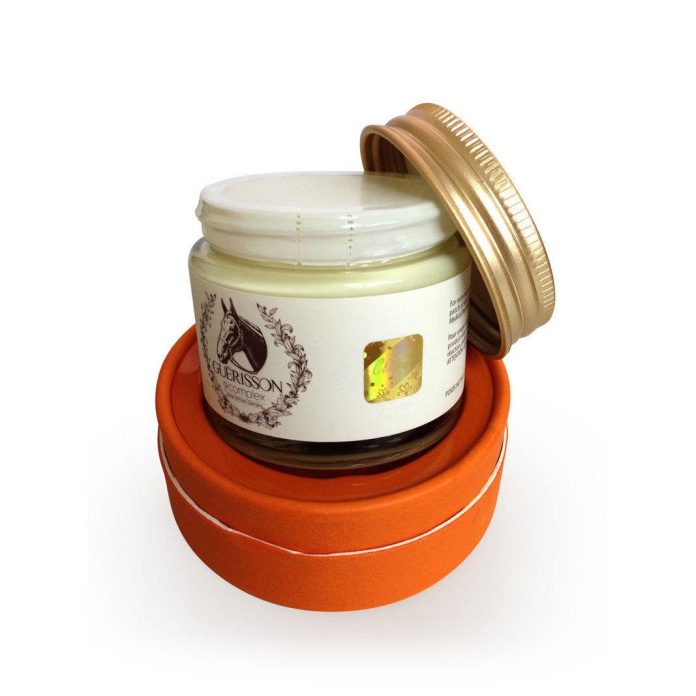In the bustling aisles of beauty stores and the glossy pages of magazines, high-priced anti-aging creams promise the elusive fountain of youth in elegantly packaged jars. These luxurious potions, often infused with exotic ingredients and backed by celebrity endorsements, tempt consumers with the allure of smoother, younger-looking skin. But beneath the shimmering surface lies a pressing question: are these costly concoctions genuine elixirs of age-defiance, or merely sophisticated scams wrapped in clever marketing? This article delves into the science, skepticism, and allure surrounding high-priced anti-aging creams, aiming to unravel the truth behind their claims and efficacy.
Decoding the Promise of Youthful Skin
In the quest for a luminous, youthful complexion, many turn to high-priced anti-aging creams, which often boast a cocktail of cutting-edge ingredients. These products claim to harness the power of science and nature, but do they deliver on their promises? Let’s delve into what makes these creams tick:
- Active Ingredients: High-end creams often contain advanced ingredients like retinoids, peptides, and hyaluronic acid, which are clinically proven to reduce wrinkles and improve skin texture.
- Research and Development: Premium brands invest heavily in research, ensuring their formulations are backed by scientific studies.
- Perceived Value: The luxury packaging and brand reputation can enhance the perceived effectiveness, but it’s essential to look beyond the price tag.
While some may find success with these products, others might see similar results with more affordable alternatives. The key is understanding your skin’s unique needs and being discerning about the ingredients that truly benefit your skin type.
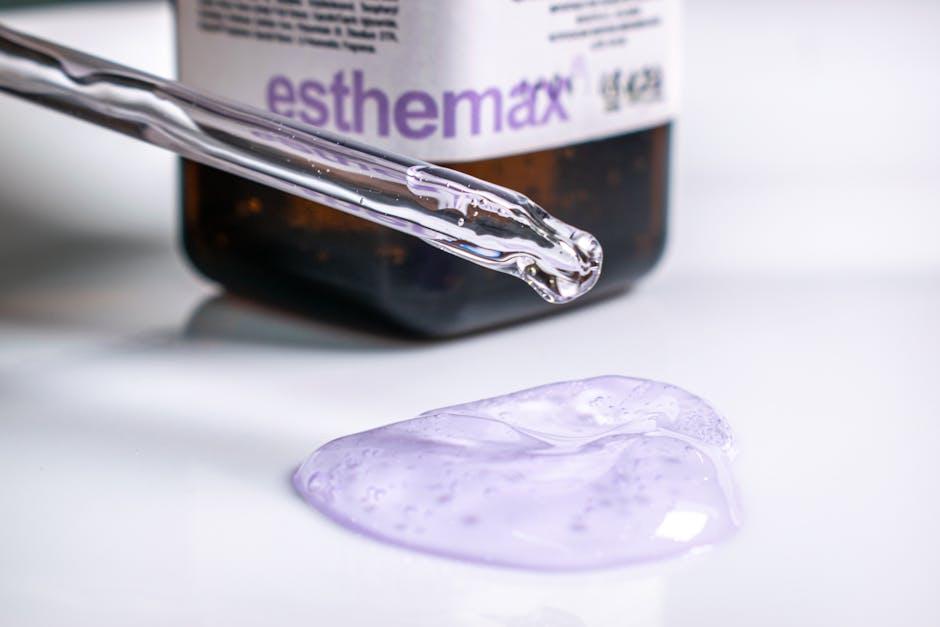
The Science Behind Anti-Aging Ingredients
The allure of anti-aging products often lies in their scientifically-backed ingredients, promising to turn back the clock on our skin. Among these, retinoids are revered for their ability to boost collagen production and accelerate cell turnover, helping to reduce the appearance of fine lines and wrinkles. Hyaluronic acid, another powerhouse, draws moisture into the skin, plumping it up and giving it a more youthful appearance. These ingredients are frequently cited in dermatological studies, suggesting they have a genuine impact on skin health.
However, not all claims hold up under scrutiny. While many high-end creams boast of peptides, antioxidants, and botanical extracts, the concentration and combination of these ingredients can vary widely. This leads to a mixed bag of results. Some of the most talked-about components include:
- Peptides: Believed to signal skin cells to produce more collagen.
- Antioxidants: Such as Vitamin C, which help fight free radicals.
- Botanical Extracts: Like green tea, which can soothe and protect the skin.
Ultimately, while the science supports the efficacy of certain ingredients, the real challenge lies in formulation and individual skin response. It’s crucial to read labels and understand what you’re applying to your skin to truly gauge if a product is worth its price tag.

Evaluating Price Versus Performance in Skincare
When examining the cost-effectiveness of anti-aging creams, it’s crucial to delve into both ingredients and results. High-priced products often boast cutting-edge research and rare ingredients like peptides, retinoids, and antioxidants. However, does a hefty price tag guarantee efficacy? Not necessarily. Many affordable products contain similar active components that are scientifically proven to reduce fine lines and improve skin texture.
Consider the following when evaluating your options:
- Ingredient Transparency: Are the active ingredients well-documented and supported by research?
- Clinical Trials: Does the brand provide evidence from clinical studies or consumer testing?
- Customer Reviews: What are real users saying about their experiences and results?
Ultimately, the decision comes down to personal preference and skin compatibility. Investing in a product with proven benefits, regardless of price, is key to achieving desired outcomes.

Expert Tips for Choosing the Right Cream
When it comes to selecting an anti-aging cream, the process can be overwhelming. With countless options on the market, how do you find the one that works best for you? Here are some expert tips to guide you:
- Identify Your Skin Type: Understanding whether your skin is oily, dry, combination, or sensitive will help you choose a product that complements your skin’s natural balance.
- Look for Key Ingredients: Ingredients like retinol, hyaluronic acid, and peptides are known for their anti-aging properties. Ensure the cream you choose contains these powerhouses.
- Check for SPF: Protection from the sun’s harmful rays is crucial. Opt for a cream with built-in SPF to shield your skin while treating it.
- Read Reviews and Do Research: Check user reviews and consult dermatological studies to see if the product has a proven track record.
Ultimately, the right cream should align with your specific needs and budget. Remember, a higher price tag doesn’t always guarantee effectiveness, so focus on the ingredients and benefits that suit your skin.

